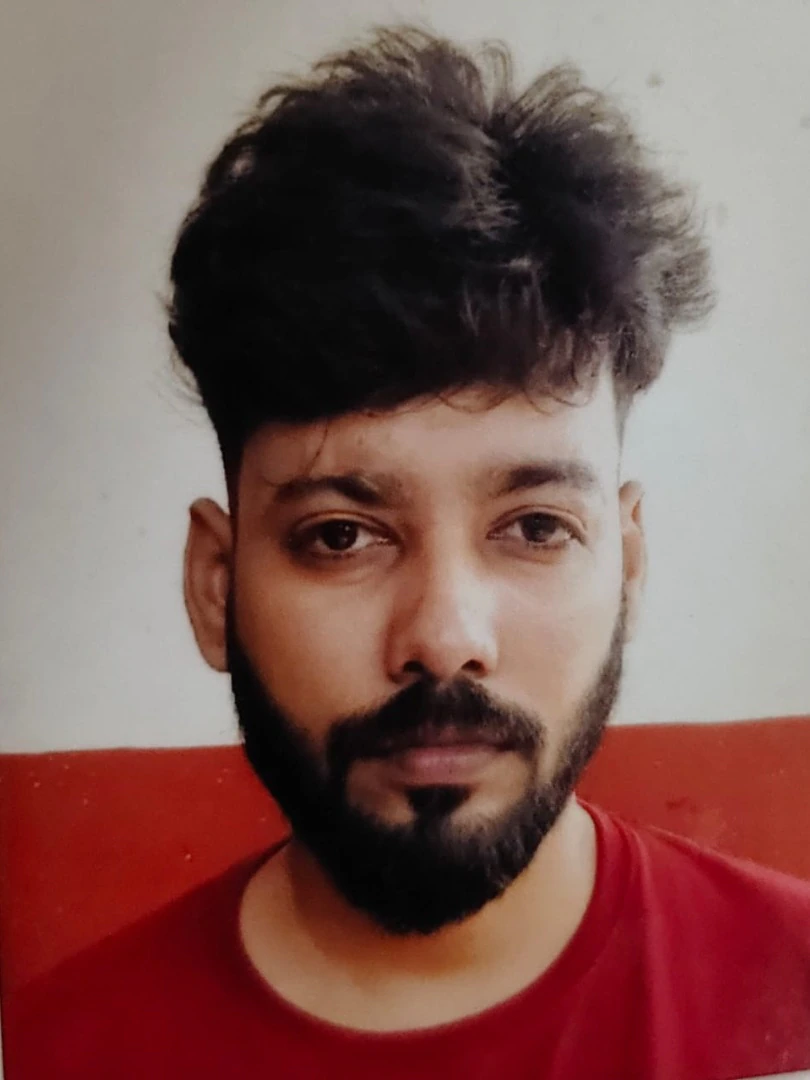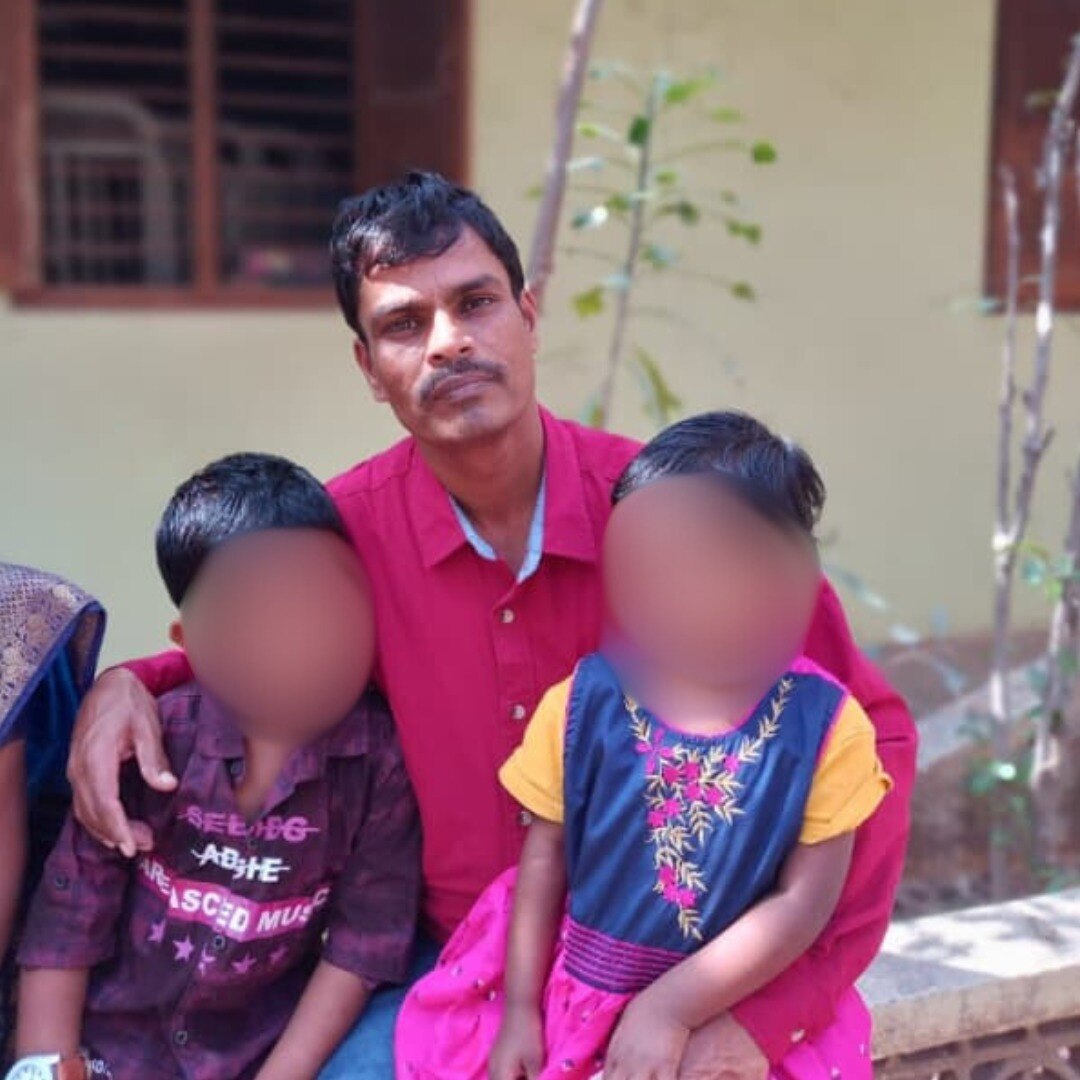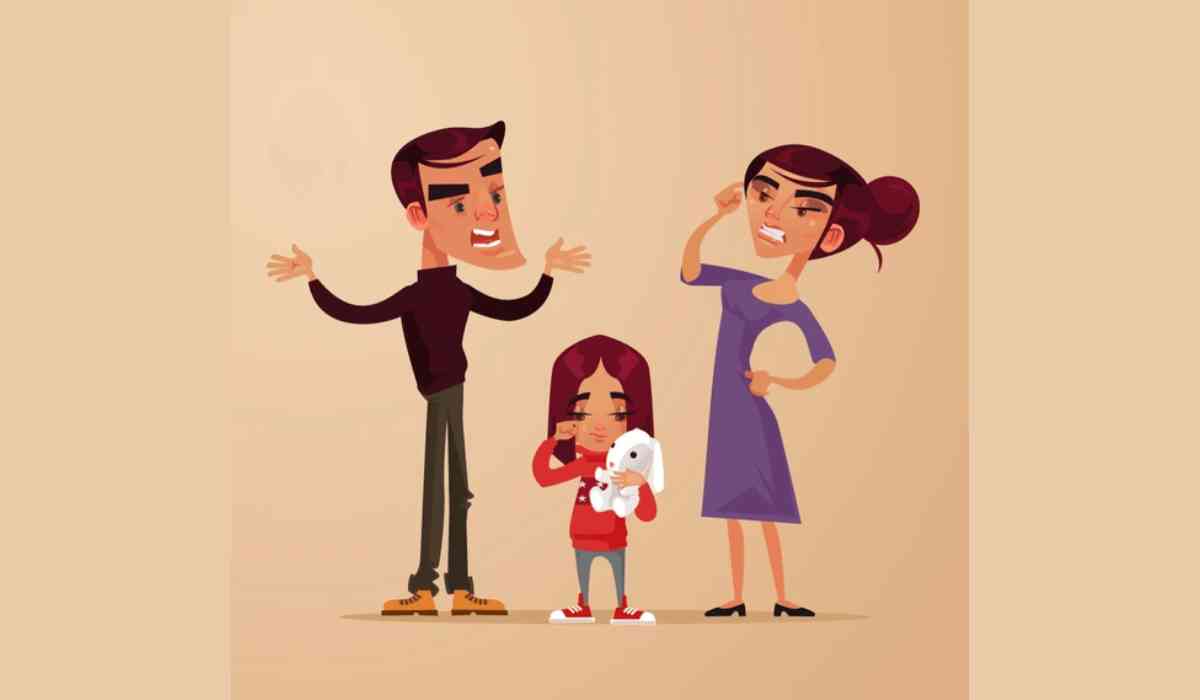In a country where family bonds are often glorified as sacred and unbreakable, a terrifying question now haunts our collective conscience: Where is society headed when parents, once seen as nurturers and protectors, become the murderers of their own children?
Recent tragedies across India reveal a disturbing and rising pattern — parents, particularly fathers, killing their children in cold blood, often as a response to marital strife. These horrific acts not only defy human logic but shatter the very foundation of what family is meant to be: a safe haven.

The Horror in Chennai
On an early Tuesday morning in Chennai, hotel staff were forced to enter a room after receiving no response from within. What they discovered was beyond nightmarish. Inside the room lay seven-year-old Stephy Rose, her throat slit, and beside her, critically injured, was her father, Sathish Kumar — alive, but barely.
The sequence of events is disturbingly methodical. Sathish, a 38-year-old electronics trader from Ayanavaram, had checked into a hotel on MKN Road in Alandur with his daughter the night before.
He had been embroiled in a long-standing domestic dispute with his wife, Rebecca. Allegations of physical and verbal abuse had recently led her to the Otteri Police Station, where a complaint was lodged against him. That very night, following yet another argument, Satish left home with his daughter—only to kill her hours later.
Before the act, he called his sister, Ketshiyal, at 5:00 a.m. and confessed to what he’d done. Her panic led hotel staff to break into room 213, only to find the lifeless child and a critically wounded father.
The motive? Police cite “frustration from family disputes.” But is that a reason to murder an innocent child?

The Telangana Tragedy
Just weeks before, in Malkapur village, Sangareddy district of Telangana, another family was torn apart in even grimmer circumstances. Subhash, a 42-year-old lab technician, allegedly killed his 13-year-old son Rithik and 9-year-old daughter Aaradhya before dying by suicide.
The decomposed bodies were discovered only after neighbours noticed a foul smell and informed the landlord. When the door was forced open, the scene was unbearable: the two children were found lifeless in the living room, while Subhash had hanged himself in the bedroom.
A four-page suicide note was recovered, detailing his accusations against his wife, Manjula (35). The note mentioned emotional betrayal, suspected infidelity, and financial manipulation. The couple had separated just a few days earlier, and Manjula had returned to her parental home on April 27, 2025.
Subhash's final words expressed both vengeance and despair. He claimed to have invested in postal deposits for the children’s futures—but ultimately believed ending their lives was a solution to his own emotional anguish.

When Marital Disputes Turn Deadly: A Dark Descent into Filicide
These are not just crimes. They are unforgivable betrayals of parental duty, where innocent children become pawns in a psychological war between two broken adults.
So we must ask:
-
Is your marital discord greater than the value of your child's life?
-
Why bring a child into this world if your love can turn into a weapon of destruction?
-
If the conflict is between two adults, why must the child suffer — or die — for it?
This form of revenge-driven violence — killing one’s child to emotionally devastate the spouse — is not only criminal, but deeply psychopathic. These aren’t crimes of passion; they are calculated, cowardly acts carried out by individuals who fail to separate marital conflict from parental responsibility.
Why Is This Happening? The Psychological and Societal Factors at Play
Several factors converge in these tragedies:
1. Emotional Immaturity and Narcissism
Parents who commit such acts often display narcissistic tendencies. They view their children not as independent beings, but as extensions of their ego or tools of manipulation.
2. Inadequate Mental Health Support
Despite rising mental health awareness, access to psychological help in India remains minimal, especially for lower-income families. Domestic stress often goes untreated, snowballing into tragic consequences.
3. Patriarchal Control and Possessiveness
In several cases, including Subhash’s, the underlying motivation was control. The belief that "If I can't have my family, no one can" is a dangerous byproduct of toxic masculinity and possessiveness.
4. Societal Pressure and Shame
In a culture that still considers divorce a taboo, families often suffer in silence rather than seek legal separation or counselling. The result? Volcanic emotional eruptions.
What Can Be Done? Practical Solutions and Preventive Measures
1. Mandatory Counselling in Family Disputes
Courts and police should mandate psychological evaluation and counselling in cases involving domestic violence or custody disputes. Early intervention can prevent escalation.
2. Child Protection as a Legal Priority
Family courts must ensure that custody decisions are trauma-informed and prioritise the safety of children over parental rights.
3. Strengthen Domestic Violence Laws
Authorities must treat spousal complaints with gravity. In Sathish’s case, had stronger action been taken following his wife's police complaint, a child might still be alive.
4. Awareness and Helplines
State governments and NGOs must launch public campaigns highlighting the emotional damage such crimes cause, and provide easy access to helplines and community support.
5. Community Reporting and Intervention
Neighbours play a crucial role. In both Telangana cases, it was neighbours who alerted authorities. Encouraging community awareness can help detect early signs of danger.
A Mirror to Our Society
These aren't just isolated horror stories. They are symptoms of a deeper societal breakdown — where ego supersedes empathy, where adult conflicts blind people to the innocence of children, and where love curdles into control.
We must ask ourselves:
What kind of society are we becoming if children are no longer safe with their own parents?
If we don’t address this now — through legal reform, mental health intervention, and social awareness — we risk raising generations in fear, trauma, and dysfunction.
Let these tragedies not fade into newspaper archives. Let them be the wake-up call we so desperately need.
With inputs from agencies
Image Source: Multiple agencies
© Copyright 2025. All Rights Reserved Powered by Vygr Media.






















